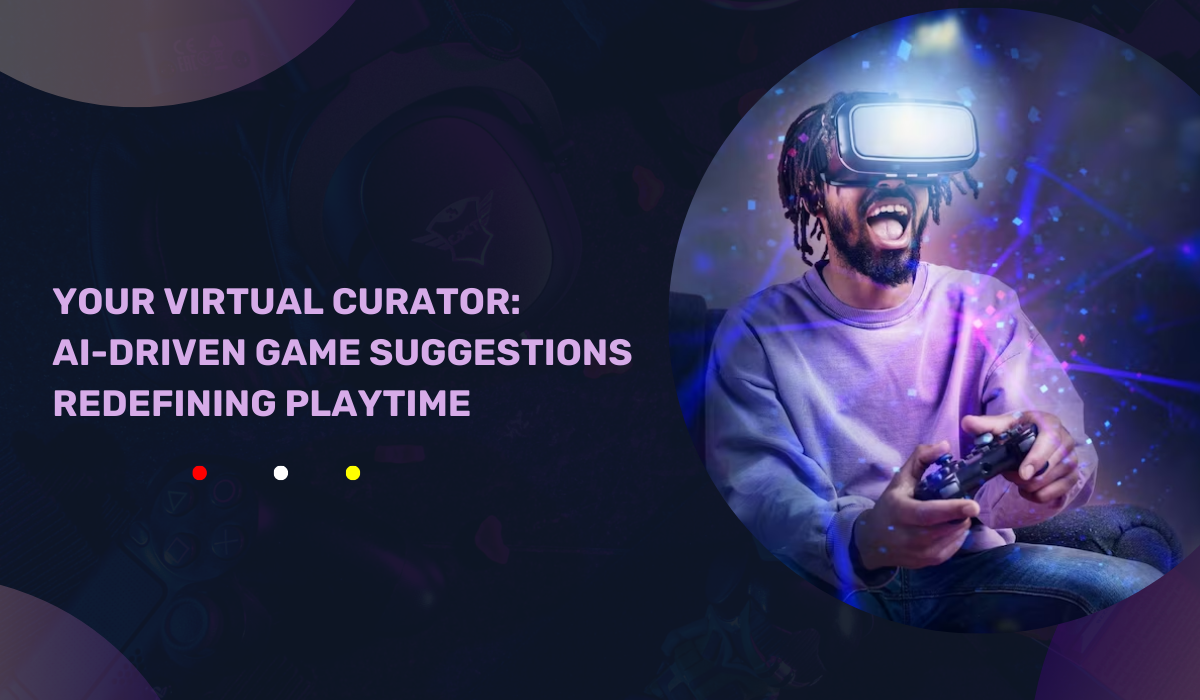
The gaming industry is undergoing a significant transformation driven by the convergence of advanced algorithms and computing power. Artificial Intelligence (AI) is at the forefront of this revolution, reshaping game development, marketing strategies, and the overall gaming experience. This exploration delves into the vast potential of AI and its impact on game developers, their workflows, and the broader gaming ecosystem.Game developers, the creative minds behind immersive virtual worlds, have traditionally faced complex challenges in the game design process. Now, with machine learning algorithms, gaming platforms can analyze user behavior, preferences, and playing styles. This enables developers to create tailor-made gaming experiences, fostering deeper personalization, enhancing user engagement, and building a stronger sense of community within the gaming fraternity.
AI-powered recommendation systems are facilitating the discovery of new games, improving user retention, and broadening gaming horizons. These systems analyze player data to suggest games aligned with individual preferences, driving increased engagement and satisfaction. Moreover, AI has accelerated game development, streamlining processes and empowering developers to work more efficiently. With AI-enabled tools for procedural content generation, game environments, characters, and assets can be automatically generated, reducing production time without compromising quality.
AI's impact extends beyond game development into the intricate web of marketing strategies within the gaming ecosystem. Leveraging AI's analytical capabilities, marketing endeavors can be finely tuned to cater to individual player preferences. Predictive analytics driven by AI algorithms enable marketers to anticipate trends and craft targeted strategies, ensuring that gaming experiences resonate with diverse audiences. The collaboration between AI and game developers has ushered in an era of unparalleled innovation. The fusion of human creativity with AI's analytical prowess has unlocked new possibilities, empowering developers to explore uncharted territories in game design and storytelling.
Despite the transformative potential, AI in gaming poses challenges and ethical considerations. Data privacy concerns arise from the collection and utilization of user data for AI-driven personalization. Maintaining transparent data practices and ensuring user consent are crucial for safeguarding user privacy. Ethical use of AI is vital to prevent unintentional reinforcement of stereotypes or biases within games, requiring continuous monitoring and refinement of AI systems. AI's transformative influence goes beyond game development, revolutionizing the gaming experience itself. As the industry evolves, responsible AI implementation becomes crucial to harness its potential while addressing ethical concerns. The future of gaming is undeniably intertwined with AI advancements, promising limitless possibilities and extraordinary gaming experiences for players worldwide.